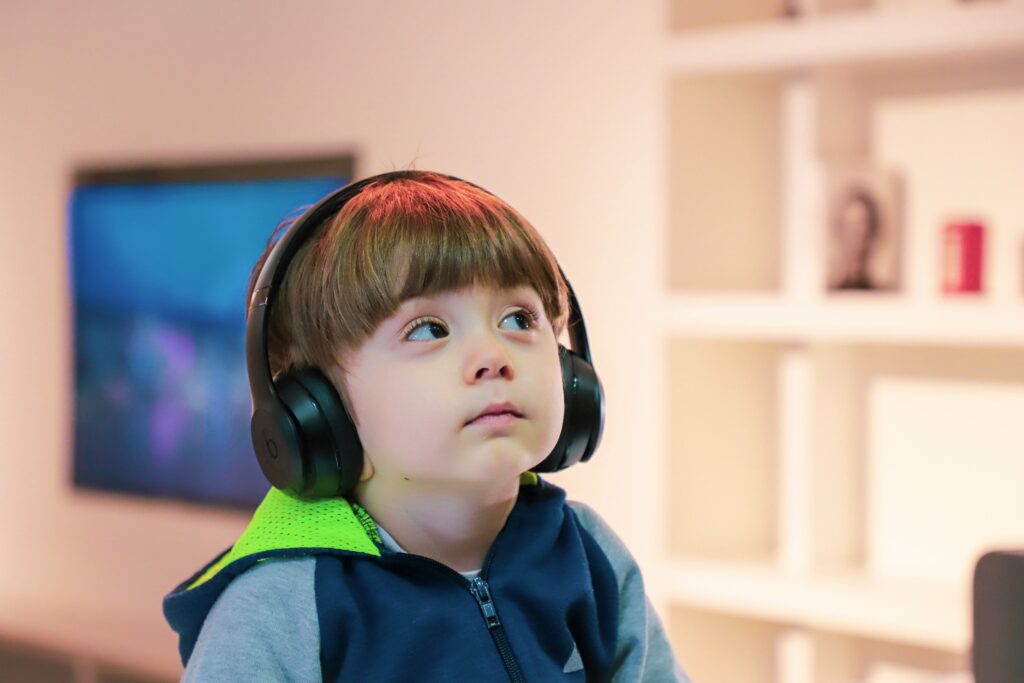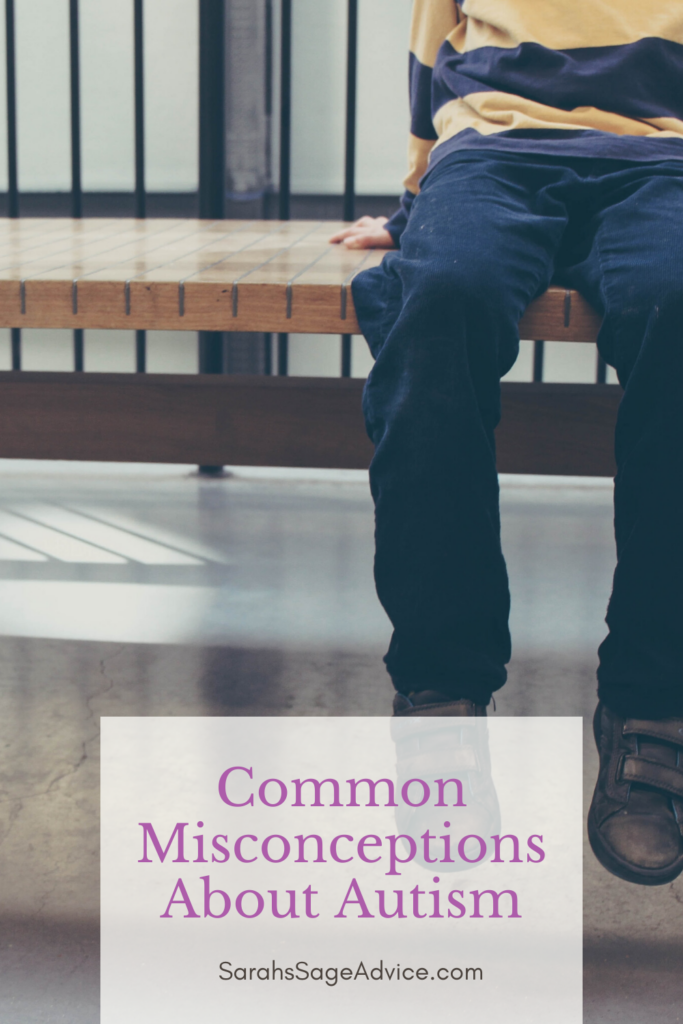Before becoming a mother, I admittedly did not know a lot about Autism. When I thought about Autism, I pictured the very stereotypical blunt, robotic, routine driven individual. I did not understand how many of these are misconceptions about Autism.
As my oldest daughter was creeping up on her second birthday it was suggested by our doctor that she go to speech therapy. She had not been progressing in her speech typically. In therapy and over time it was suggested that she could possibly be autistic and it definitely took time for me to see what they were seeing.
 Why? I only knew the stereotypes.
Why? I only knew the stereotypes.
Now, more then three years after my daughter’s diagnosis and my son has also been diagnosed autistic and adhd, I, myself am awaiting a formal evaluation.
Here are some very common myths and misconceptions about Autism. Hopefully it will help another mother and anyone else who interacts with someone apart of the Autistic community.
There is no look of Autism.
It is heard so often by so many “You don’t look autistic” or “your daughter doesn’t look autistic.” There is no look to Autism. Autism is a neurological difference. Individuals may share general traits or characteristics, but no two autistic individuals are exactly alike. It is a very wide spectrum.
Generally, the autistic community would like to do away with functioning labels.
Labelling anyone on the spectrum as either “high functioning” or “low functioning” can be harmful to them. This is true for many reasons.
- Functioning ability by anyone on the spectrum is not static and it can change even from day to day or based completely on their environment. My daughter is able to do many things for herself at home, she’s able to communicate in a way that is heard and understood at home, but when in a different environment like school, or in a store, she may be more overwhelmed, anxious, and need more help.
- Many Autistic individuals, especially girls and women, learn to mask. Masking is when they learn to artificially “perform” social behavior that is deemed “neurotypical” thus hiding the typical Autistic behaviors that may be seen as unacceptable and socially awkward by common society. When they are masking they may appear more “high functioning” but really what you’re saying is they appear more “neurotypical.” Masking, however, takes a large toll on the individual and when they get to a safe space, like arriving home at the end of the day, they often have meltdowns.
- Functioning labels can cause needs to get ignored. When an individual is labeled as “high functioning” they may not be able to get accommodations they need. Also, those labeled as “low functioning” may not get opportunities that others are given.
Despite the stereotype Autistic kids and adults often times do want friends.
The majority of kids and adults on the spectrum do like to socialize. Socializing however can be harder for those on the spectrum, especially children. It can often make them anxious but the desire to connect with others is there.
 Autism is not an intellectual disability
Autism is not an intellectual disability
Many on the spectrum may have an intellectual disability but not all do. Intellectual ability is an individual’s ability to learn, reason, problem solve, plan, think abstractly and apply/transfer learnings. Autistic children can learn and can often be very smart. Another common misconception that corresponds is the thought that if a child or adult doesn’t talk, they are stupid or intellectually disabled. This is also not true. Many do not talk but are able to communicate in other ways, learn, and can prove their IQ in other manners despite not being able to communicate verbally.
Much like the fact that Autistic individuals are not all intellectually disabled they are also not all savants. A savant is an individual with detailed knowledge in some specialized field with exceptional skill or brilliance. Autistic individuals often times do have special interests or an area of interest they are intense and passionate about. These special interests are highly important and meaningful to the autistic person.
Nobody caused Autism
Autism is not caused by bad parenting or lack of discipline. Also, just as Autism is not caused by a lack of discipline, discipline will not cure Autism. Autism, though the exact cause is not known, it is known to have a strong genetic component. Families with one autistic child have an increased chance of having another. Autism is not caused by vaccines.
Autistic Individuals do feel emotions
It is a common misconception that autistic kids and adults do not feel emotions. They do, however, they may struggle with expressing and recognizing their emotions.
To understand and bring acceptance to the Autistic community it is important for everyone to truly understand the spectrum. I personally am still learning but trying day by day to make sure I learn what I can in order to help my children be comfortable and to be able to communicate in a way they need.
Sarah
Similar Posts
We Don’t Need Awareness, We Need Acceptance!


